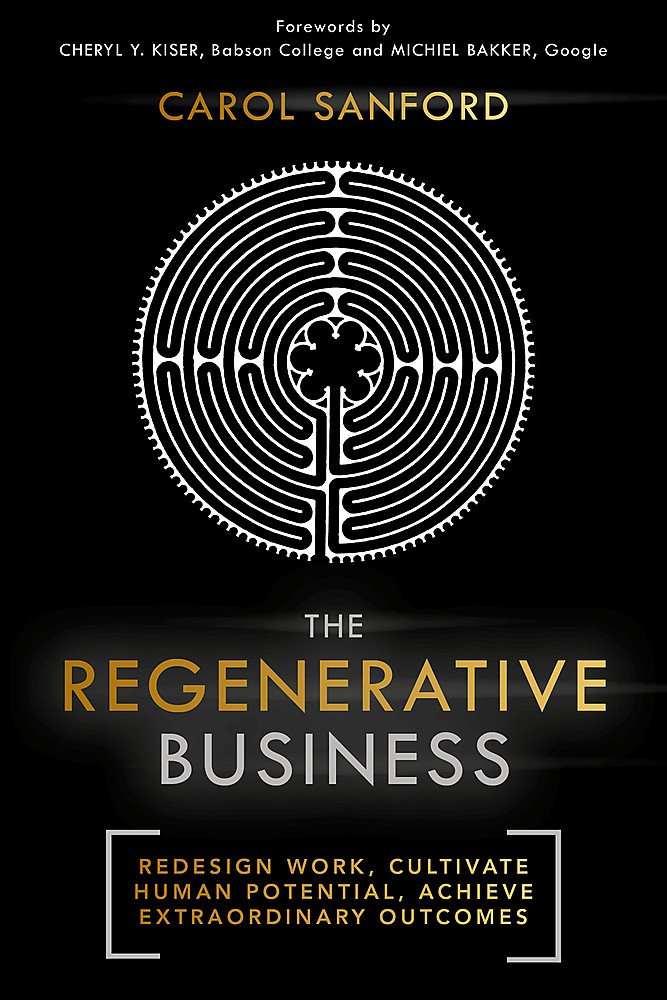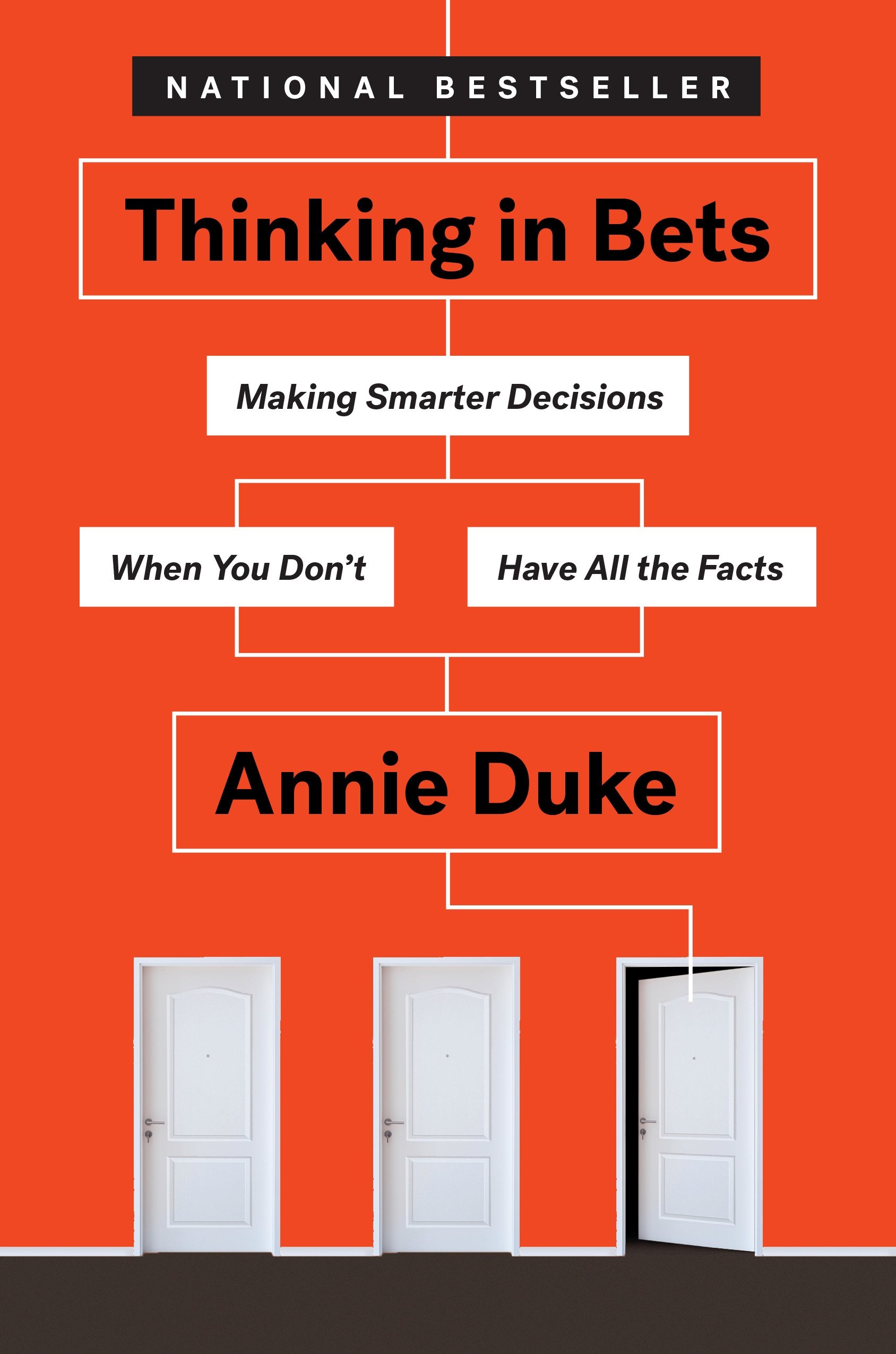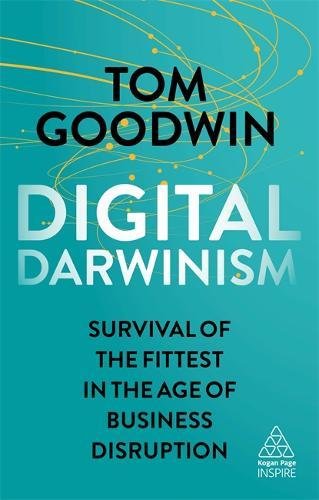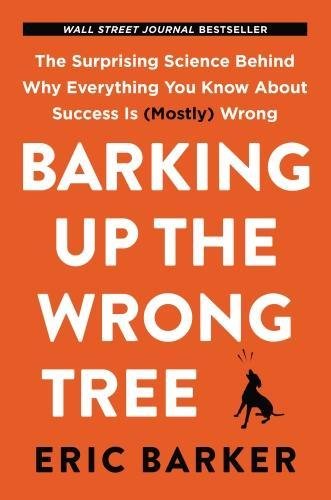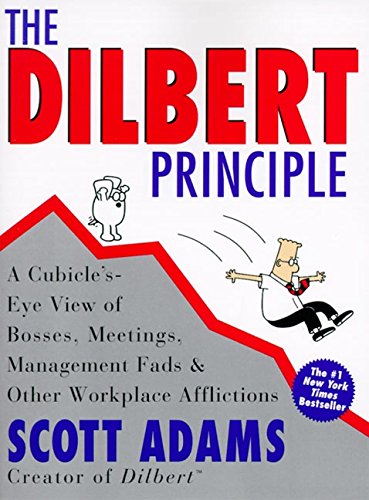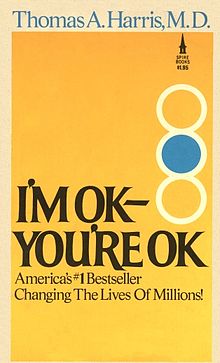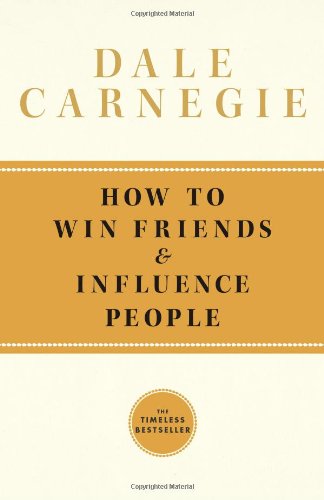The science of art On the scientist/artist scale I am far on the side of science. However, that doesn’t mean that there is nothing to learn from art. If we think of art as a way to represent an aspect of reality, then the chosen medium will alway impose limitations on this representation. The best art finds new ways to overcome these boundaries, taking in new ideas, thoughts and discoveries. It takes sufficiently elaborate mathematics to get perspectives and proportions right, which reflects in renaissance paintings, for example. Yet, modern art brought new forms of abstraction, as artists sought out better ways to depict their message. The creation of art needs a unique worldview, focused, analysing, and abstracting all at once. Unfortunately, this worldview also leads some artist to selling their own canned poop. It would be great to have the visualization and visual communication skills of a painter while keeping a socially acceptable professional behavior, so I was quite thrilled by the title of Think like an Artist, don’t Act like one. It was a little let down for me to find out that de Wilt’s book is just another collection of wisecracking, bon mots and aphorisms about artists…
Review – The Regenerative Business: What is a Regenerative Business? There are a dozen buzzwords describing the modern, desirable company. It is agile, lean, and nimble, disruptively innovative, robust, resilient, antifragile, sustainable and even kind. So what the hell is a regenerative business supposed to be? In the words of author Carol Sanford “Regeneration is a process by which people, institutions, and materials evolve the capacity to fulfill their inherent potential in a world that is constantly changing around them. This can only be accomplished by going back to their roots, their origins, or their foundings to discover what is truly singular or essential about them. Bringing this essential core forward in order to express it as new capacity and relevance is another way to describe the activity of regeneration. In other words, regeneration is the means by which enlightened, disruptive innovation happens.” That’s gibberish. Feel free to introduce fancy concepts like “regeneration”, but please have somewhere in the beginning of your book a chapter that starts with “My idea is about…”, followed by a clear and succinct definition. After reading the entire book, it seems like a regenerative business is one that develops its people and culture to bring…
Review: Bad personal decisions are the leading cause of death, according to a study by Fuqua School researcher Ralph Keeney. So why should you learn making better decisions from a professional poker player, of all persons? In Thinking in Bets, author Annie Duke states that life is a lot more like poker than chess. In chess, both players have complete information. Every piece is visible to both players, and every possible next move is apparent. In poker, players know some of the cards that are in play, but have no information on which cards the opponents hold, or which card will be drawn next. Life is a lot like that, in that you can know yourself but can never be certain about which event will happen next. Making decisions in a poker game is tough, because you only have a part of the available information, and decisions in life are tough for the exact same reason. This paves the way for all sorts of fallacies: Fallacies to fall for The easiest trap to fall into is to be too sure about something. Many people know that too much sugar makes children hyperactive, that Albert Einstein failed at maths as…
Review: Maybe you have heard about digitalisation? Apparently, it’s something big. But what is it, what does it do, and how will it affect our lives? And why should you read Digital Darwinism instead of all the other books on the topic? Digital Darwinism avoids the usual pitfall of either praising or damning new technologies. In fact, author Tom Goodwin makes a point how this is completely irrelevant. Digitalisation is not about better WiFi chips, or better data storage. It’s about people. People that find new ways to interact with technology. Benefits, not features Digital Darwinism is a rather provocative book, revealing most ideas we have about digitalisation as misconceptions. Most companies define it as taking their old products and try to internet ‘em up somehow. They would be better off trying to find new and creative ways to fulfill customers’ needs. The emergence of Chief Digital Officers in executive boards actually is a sign that companies don’t fully embrace digitalisation yet. Instead of a transformative force that penetrates all functions and business segments, digitalisation is treated as an attachment, bolted on to the old stuff. An interesting question Digital Darwinism raises is “How would your business look like,…
Review: Simon de Cintra wants to help you unlock your business voice. What does that mean? Something about communicating better and getting heard. Like, when you are a subject matter expert you could learn to appear more leadershippy to add some gravitas to your speech. Something like that. How do you unlock your business voice, whatever that means? By applying the My Business Voice Methodology®. How do you apply the My Business Voice Methodology®? By using VOICE. The acronym stands for Vocation, Observation, Intention, Casting, Experiment. Let me quote from Unlock your Business Voice for you to clear things up: “The first part of the My Business Voice Methodology®, Vocation, is all about choosing your mindset and therefore your role in any piece of communication that you deliver. This will, and indeed should, vary depending on the situation, but absolutely not according to the personalities involved.” Got that? Did you understand, what the vocation part is all about? Well, I did not, so let’s have a look at the full programme to see if we can deduce the meaning of unlocking your business voice: “VOCATION – my new role requires me to contribute to strategic and therefore potentially ambiguous conversations,…
Review: Many books on success out there summarize as “Look at these successful people! Study their habits and learn their ways, so you will be successful, too!”. Actually, I have reviewed a prime example here. Barking up the Wrong Tree presents a nice counterpoint and states that imitating the successful does not necessarily make successful. Instead we get a thorough analysis of perceived and real success factors, somewhat hidden beneath anecdotal evidence and academic namedropping. Did you know that good and bad traits come with the same package? The exact same factors that make people highly creative also deteriorate their moral compass and mental health. In fact, creativity is strongly associated with dishonesty and mental instability. The same factors that allow you to adapt and excel at school stop you from standing out at work. People with top grades from prestigious universities typically don’t change the world. At the top ranks of disruptive businesses you find people with kinked CVs, and a history of mediocre test results. Most schools reward conformity over genius, allowing people with top grades to easily rise to middle management, but rarely above. Barker speaks of “filtered” and “unfiltered” leaders, that either comfortably adapt into a…
Review First of all, I am a huge Dilbert fan, although I have never read the comics at work, especially not during that dozy hour right after lunch. Maybe you have heard of the Peter principle. People get promoted for being competent at their current position, so it is certain that everybody ends in a job they can no longer fill competently. The Dilbert principle is similar, but postulates an earlier reason for executive incompetence: incompetent people are rapidly transferred to positions where normal people do not have to see them every day and where they cannot touch anything dangerous – to management. Most management books are written by and for managers. There are good reasons for this, for example few non-managers have the required of free time and hubris to write a management book. But this also creates a bias which may be one reason why ridiculous company policies still thrive. The Dilbert Principle offers a different perspective, looking at management actions through the eyes of the office workers affected by them. Adams brings up diverse topics that determine (and sometimes plague) the daily grind in the cubicles, from consultants to employee motivation programmes. Each chapter gives an…
Review Psychology can be hard to write about. Unlike many other topics I present here, it is almost a science, and thus deserves a lot more attention. Also, I don’t know a thing about psychology or psychoanalysis and evaluating such a book gives me a hard time. Freud postulated the threefold mind: the id (containing desires and urges), the ego (the conscious self) and the superego (the unconscious framework of rules and ethics). Transactional analysis is built on a similar but different idea, modeling the human psyche as three ego-states, of which only one is active at a time: The Parent is filled with values (or non-values) directly adapted as a very small child. This part contains mostly unconscious instructions and ideas from “Fire is dangerous” to “Non-white people are dangerous”. The Parent can cause problems, because it cannot evaluate those ideas and instructs a person to mimic their parents. This is the source of superstition, prejudice and a lot of stupidity, and also the reason why abused children often become abusive parents. The Child is also formed at a very young age, and is where emotions and spontaneity live. It is a recording of feelings as the Parent is…
Review When a book is attributed as an influence by famous and infamous people, and continues to sell this well, we can assume, that there is something to it. But how can a book this ancient be relevant today? Carnegie tries to answer the age-old question of human interaction: how can I get the other person to do what I want? “How to make friends…” is written as a workbook with four major topics (basic techniques, how to make people like you, convincing people, be a leader), each one presented as a series of short lectures. At a glance, the lessons are simplistic, and always iterating on the central themes: make other people feel important, understood and respected. If you look closer, however, then you see that this is all you actually need. Find out what your counterpart wants and needs to feel good, then give it to them and they will reciprocate. People like to create their own narratives, and you will win them by giving them the opportunity to be the hero of the story. This is the fundamental trick to improve all your human interactions, that stays valid in the digital age, maybe even more. As communication…


